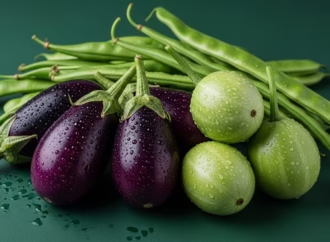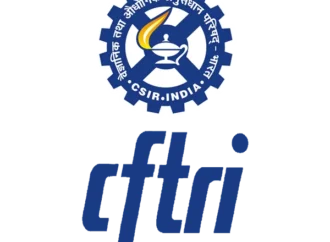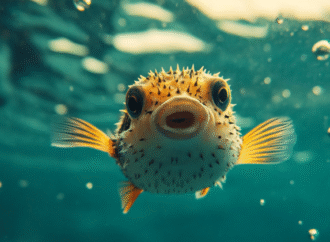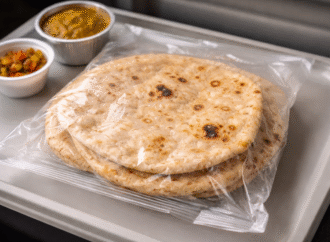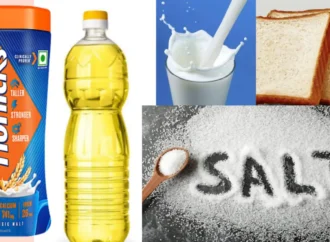Report
The Food Safety and Standards Authority of India (FSSAI) has released long-awaited guidelines governing the use of recycled PET (r-PET) in food and beverage packaging. These rules introduce strict safety requirements to ensure that only high-quality, contaminant-free r-PET enters the food supply chain. Under the new framework, only r-PET processed through FSSAI-approved decontamination methods is permitted, while traditional recycling techniques that fall short of these standards are now banned. The move aims to protect consumers and support the shift toward more sustainable packaging practices.
Mandatory Labelling for Transparency
To increase consumer confidence, FSSAI now requires all food-grade recycled PET packaging to carry a distinct logo and a label indicating the percentage of r-PET used. This move aims to make sustainable choices more visible and verifiable. The guidelines align with a mandate from the Ministry of Environment, Forest and Climate Change, which requires manufacturers to use a minimum of 30% recycled plastic in Category-1 rigid packaging, including PET bottles, by FY 2026. This rule became effective on April 1, 2025, and is already influencing packaging strategies across the industry.
Beverage Industry Faces Supply Challenges
Beverage manufacturers now face mounting pressure to integrate r-PET into their packaging. However, many express concern over the limited availability of FSSAI-approved r-PET, which could impact production costs and timelines. “The framework ensures safety and sustainability, but the real challenge lies in scaling up r-PET production to meet demand,” said an industry source.
FSSAI has specified acceptable recycling technologies, such as super-clean recycling and melt-in recycling, which include essential decontamination stages. The guidelines also impose rigorous testing, traceability, and documentation requirements on manufacturers and food business operators to ensure ongoing compliance.
Driving India Toward a Circular Economy
By enforcing these standards, FSSAI aims to assure the public of the safety of recycled plastic while supporting India’s commitment to circular economy principles. The authority conducted national consultations with stakeholders before finalising the regulations, demonstrating a collaborative approach to balancing safety, environmental goals, and industry readiness. As beverage and food brands work to comply, they face both hurdles and opportunities. While the road to compliance may be steep, the shift signals a larger movement toward responsible and eco-friendly packaging solutions across India’s consumer goods sector.
Source: CNBC TV 18
 Food Manifest
Food Manifest 